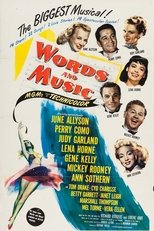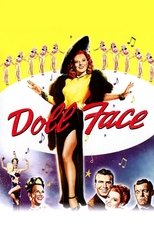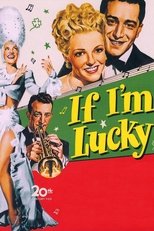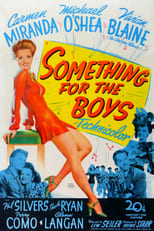Perry Como

Popularity
0.0
- 1912 - 2001
Biography
Christened Pierino Como in Canonsburg, Pa., one of 13 children, Como pursued a career as a barber before he launched his singing career. At 11, he was working after school cutting hair in a barbershop. Before long he had set his sights on owning his own shop -- even making monthly payments toward one. He enjoyed singing, however, and let go of his barbershop ambitions soon after high school and his marriage to his high school sweetheart, Roselle Beline. It didn't take long to prove that he had talent and soon landed a spot in the Freddie Carlone Orchestra, where he made $28 a week touring the Midwest. In 1937, he joined the Ted Weems orchestra and was featured on the band's "Beat the Band" radio program. His career was on the rise. But, with the start of WWII and the eventual breakup of Weems' band, Como found himself back in Canonsburg in a barbershop cutting hair -- not for long, however. CBS radio soon offered him a weekly show at $100 a week and RCA signed him to a recording contract that garnered him in the next 14 years 42 Top 10 hits, a feat bettered only by Bing Crosby. These hits included "Dig You Later (A Hubba-Hubba-Hubba)," "I'm Always Chasing Rainbows," "They Say It's Wonderful," "Surrender" and "Some Enchanted Evening." The 1945 rendition of "Till the End of Time," (a song associated with the movie "Thirty Seconds Over Tokyo" and based on Chopin's "Polonaise in A-Flat Minor") was perhaps his most memorable hit from this era. Other hits were on the lighter side of romance and included "Hot Diggity" and the forever a favorite "Papa Loves Mambo." It was also during his singing career in the 1940s that Como appeared in three films for Twentieth Century Fox. His parts were unfortunately less than memorable, partly because of his overpowering screen presence of his co-star Carmen Miranda. But Como did have a screen presence, and he found its niche in the magic of the living room theater when he made his television debut in 1948 with NBC's "The Chesterfield Supper Club." In 1950, he was at the helm of his own show with CBS: "The Perry Como Show," which ran for five years. Back on NBC in 1955 he achieved his greatest success in the medium with an eight-year run. This was the show that featured his theme song: "Sing Along With Me." The show included the talents of the Ray Charles Singers and announcer Frank Gallop. It was also in this show where he developed and honed the image of the cardigan-wearing, relaxed, wholesome nice-guy that has been his trademark ever since. In 1956 and '57 he won Emmy Awards for most outstanding television personality. The show itself won Peabody and Golden Mike awards. During his tenure with this show he also received the Recording Industry Association of America's first ever Gold Disc Award for his rendition of "Catch a Falling Star." He retired from his show in 1963, opting to work only occasionally on t.v. specials. These specials included his traditional Christmas shows. After two decades of just canned music, he returned to live performances in the 1970s, playing Las Vegas and other circuits; he even did a sell-out tour of Australia. The 1970s also gave rise to his million record seller "It's Impossible." In one of his most gratifying moments in his career, President Reagan presented Como with a Kennedy Center award for outstanding achievement in the performing arts.
Birthday: 1912-05-18
Born At: Canonsburg, PA








